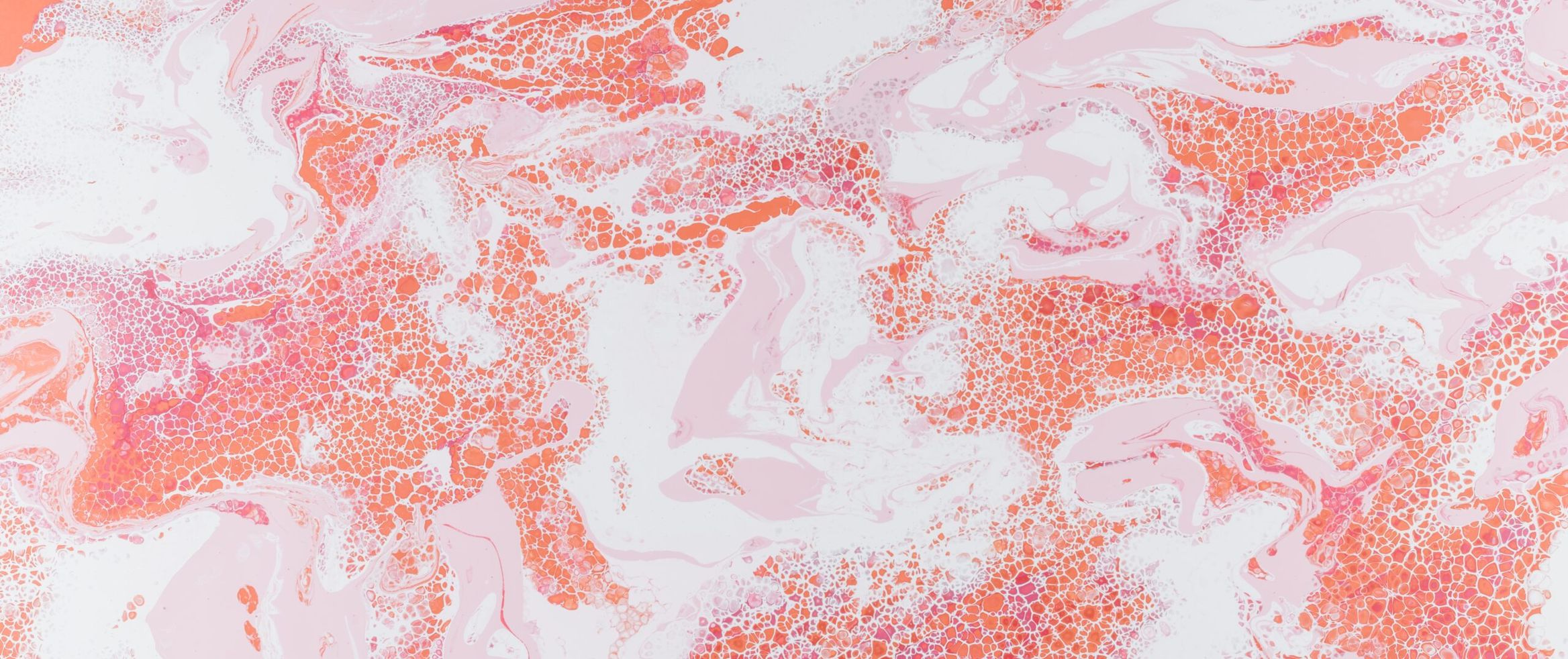Recommended Skincare
Morning:
1. Hydractil cleanser
2. Niactil Eye Gel
3. Niactil 4%
4. Hydractil Repair Cream
Evening:
1. Hydractil cleanser
2. Niactil Eye Gel
3. Niactil 4%
4. Hydractil Repair Cream

Skin Condition
Atopic dermatitis is the most common form of eczema, a chonic and inflamed condition that causes the skin to become itchy, dry and cracked.

Atopic dermatitis often occurs in people who get allergies, as “Atopic” means sensitivity to allergens. The condition causes the skin to become red, itchy, dry, craced and sore. Some may only have small patches of dry skin, while other may experience widespread inflamed skin all over the body.

Atopic dermatitis is a common hereditary condition, and is differentiated between:
Contact dermatitis
Contact dermatitis is a type of eczema triggered by contact with a particular substance.
The symptoms of atopic dermatitis often have certain triggers, such as water, soaps, detergents, latex, nickel, stress, and the weather. Contact dermatitis usually improves or clears up completely if the substance causing the problem is identified and avoided.
Chronic dermatitis
Although atopic dermatitis can affect any part of the body, it most often affects the hands, neck, upper body, and the face and scalp, and skin may thicken as a result of excessive scratching.
The symptoms of atopic eczema often have certain triggers, such as soaps, long baths and showers, detergents, active ingredients, stress, various illnesses, and the weather.
How common is atopic dermatitis?
Atopic dermatitis is more common in children, and often develop before their first birthday. Some may also experience the condition as adults, or even develop the condition for the first time as adults.
Of all the atopic dermatitis cases, 45 % first experience the condition at the age of 6 months, and 70-85 % is diagnosed before the age of 5. Approximately, 10-20 % cases persist into adolescence and 2-3 % struggle with atopic dermatitis as adults.
How to treat atopic dermatitis?
Preventative actions such as mild creams, ointments and lotions help to seal in moisture. The use of active ingredients that are similar to the skin’s natural fats, enhance the skin’s ability to maintain moisture naturally.
We do recommend implementing new products gradually, to reduce the risk of unnecessary reactions, as it also will be easier to eliminate products if an allergic reaction should occur.
Recommended Skincare
Morning:
1. Hydractil cleanser
2. Niactil Eye Gel
3. Niactil 4%
4. Hydractil Repair Cream
Evening:
1. Hydractil cleanser
2. Niactil Eye Gel
3. Niactil 4%
4. Hydractil Repair Cream
